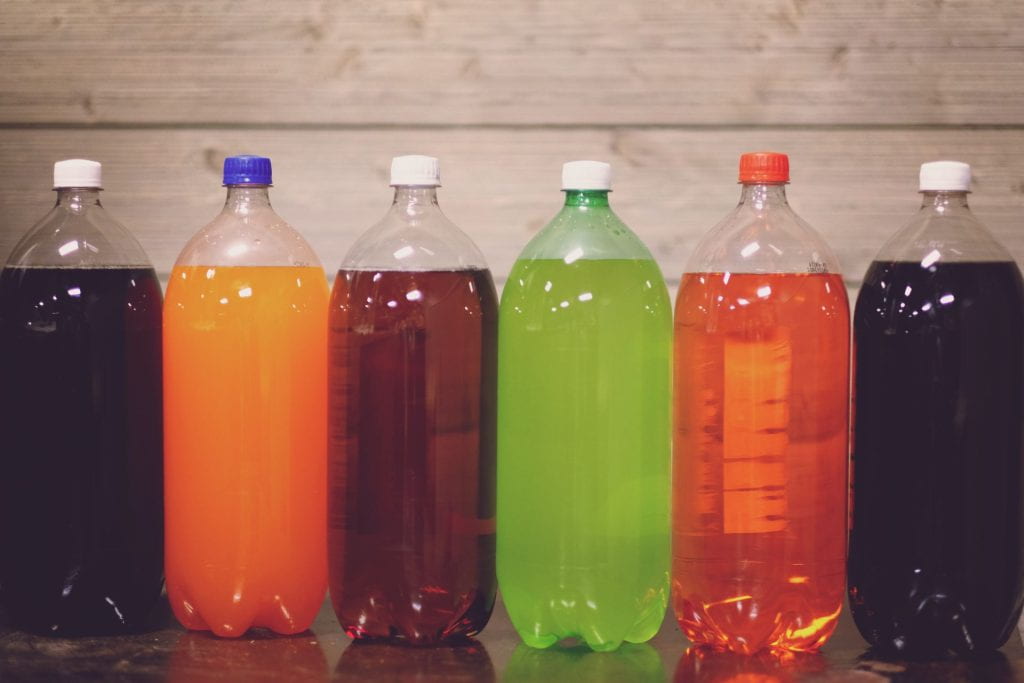Cities that have enforced taxes on sugar-sweetened beverages (SSB) have been effective in cutting down purchased amounts of SSB and promoting the purchase of water as substitutes according to a recent study, The Impact of Sugar-Sweetened Beverage Taxes by Household Income: A Multi-City Comparison of Nielsen Purchasing Data., conducted by WU-CDTR members, Abigail R. Barker (PhD), Stephanie Mazzucca (PhD), and Ruopeng An (PhD) from the Brown School at Washington University in St. Louis.

Cities that have enacted SSB taxes to date have been Berkeley, Albany, Oakland, San Francisco, Boulder, Seattle and Philadelphia.
“The tax itself, measured in cents per ounce of beverage, was significantly associated with decreases in purchasing,” said the authors. “It is consistent with one other multi-city analysis, which used a different data source and analytic method, and also found that SSB purchasing reduction was concentrated in Philadelphia.”
Philadelphia’s tax system on SSB’s goes one dimension deeper by also including low-calorie carbonated soft drinks (CSD) in the bracket, eliminating many low-calorie fallback options for those who want to avoid the tax policy. Subsequently, when comparing frequencies of SSB purchases for the cities under study, Philadelphia led all others in reduced consumption.
“A key takeaway of this research is that the Philadelphia tax, which encompasses low-calorie CSDs, had more sizable and more significant effects on SSB purchasing than the other taxes on a per-cent-of-tax basis,” said Barker, Mazzucca and An. “Furthermore, it seems that this tax design does promote the purchase of bottled water as a substitute, which is particularly encouraging for those who view the SSB tax as a tool that can promote healthy behavior.”
As “one of the first studies that combines information about SSB and other beverage purchasing, with and without SSB taxation, across multiple cities using a single household-level data source”, Barker, Mazzucca and An potentially set a cornerstone for future policy development regarding sugary beverage consumption in the United States through their concrete evidence of dose-response relationship between the level of taxation and impact. The United States lags behind other nations in terms of health outcomes while also outspending every nation in healthcare expenditures. Obesity, in particular, is a rapidly growing public health crisis with a prevalence of around 42% or 2 in every 5 adults. Given the situation, health policy makers may find the substantive evidence from this study useful when considering expansion of taxes on SSBs into other cities.
“By identifying sugar-sweetened beverages (SSBs) as a primary source of added sugars in the Western diet, large-scale epidemiologic studies have substantiated the relationship between SSB consumption and childhood/adult obesity. A meta-analysis of prospective cohort studies also suggests that there may be a dose–response relationship between SSB consumption and obesity, type 2 diabetes, hypertension, and all-cause mortality”
This multivariate analysis study was supported by the WU-CDTR Pilot and Feasibility Program and can be accessed here. This study was also featured on the NIDDK CDTR website.